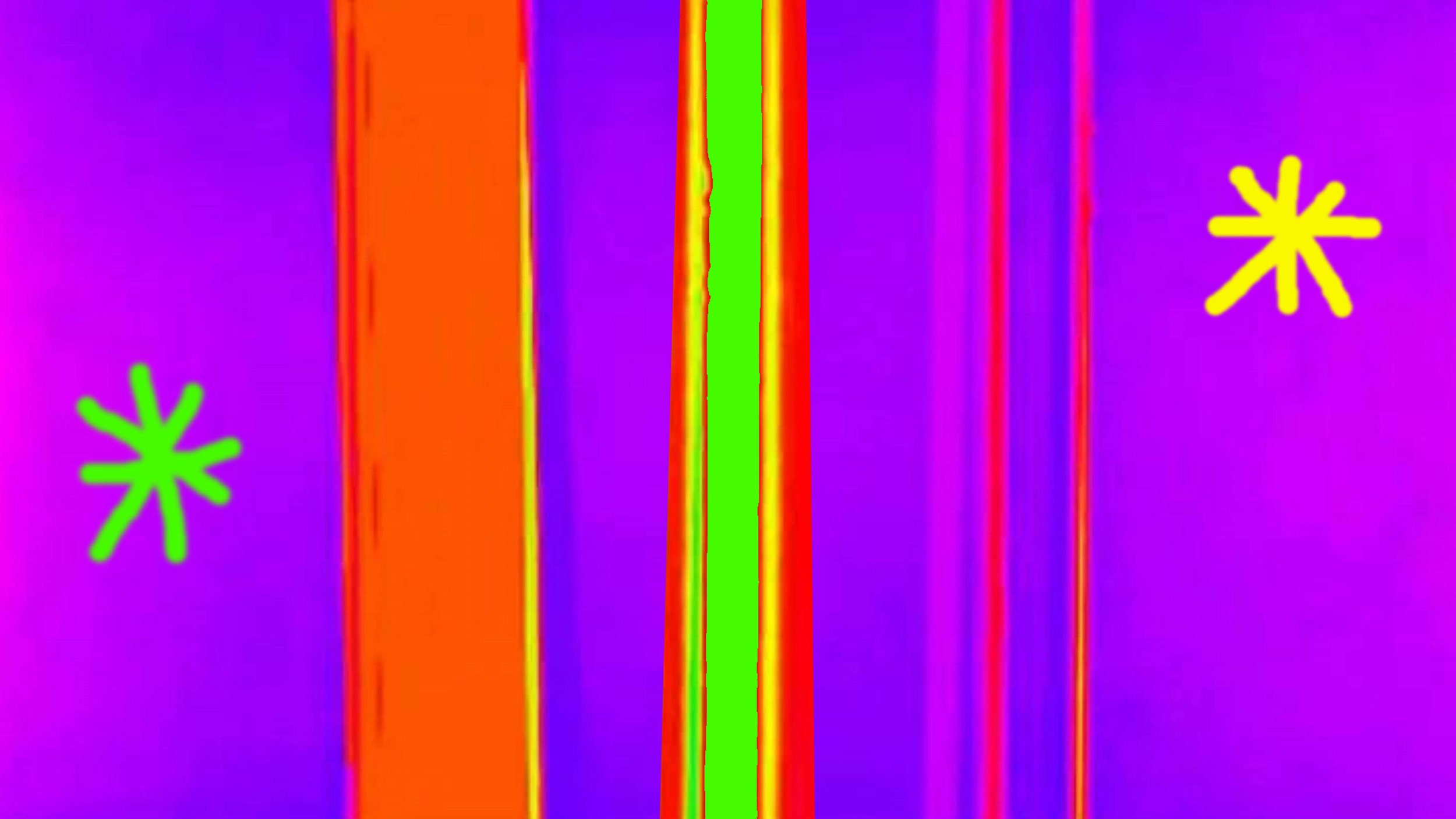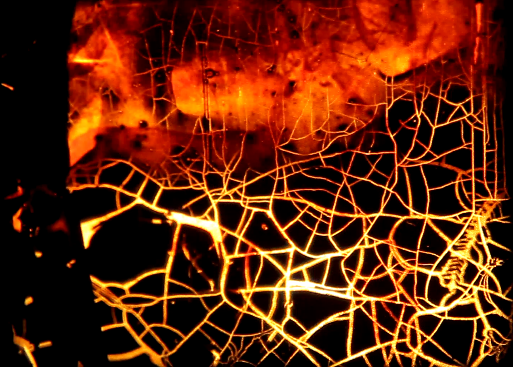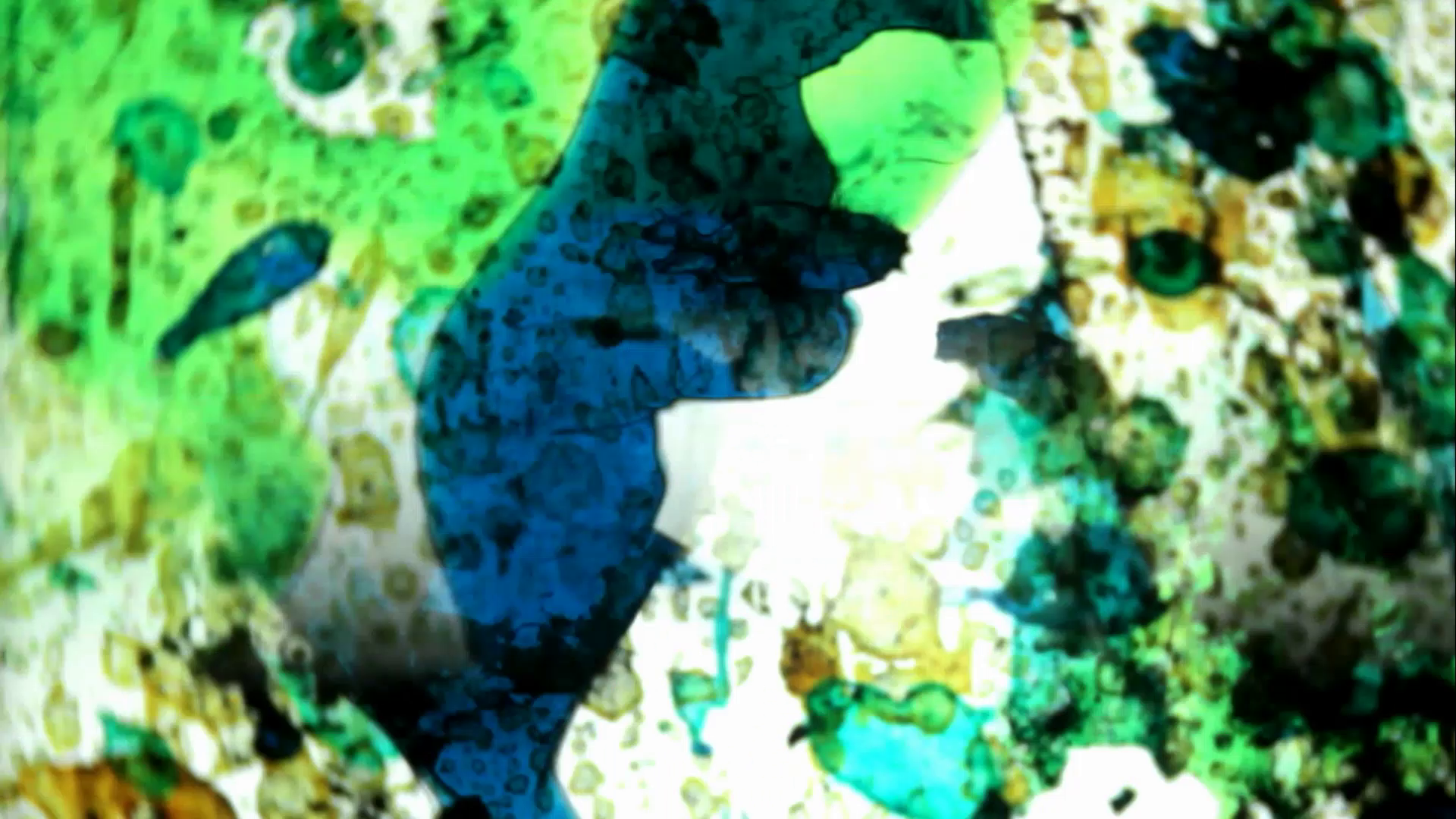Surveying an extraordinary body of works produced since the 1950s, this
program maps South American “camera-less” or “direct” filmmaking.” In
"direct animation” or “camera-less” filmmaking, figures are painted,
scratched, or inked directly onto film leader. Highly tactile, textured and
abstract, these films dramatize the essential properties of the medium of
film itself. It's also a technique favored by many key figures of the avant-
garde, from the Scottish-Canadian Norman McLaren to New Zealand's Len
Lye and the legendary New Yorker Harry Smith. Less well known is the
extensive filmography of the numerous Latin American practitioners. Based
on extensive interviews, travels, and archival research by curator Antoni
Pinent, this program introduces a handful of these shorts, from Argentine,
Uruguayan, Brazilian, Peruvian, Colombian, Venezuelan, Mexican, and
Chicana filmmakers who have chosen this most rudimentary (yet powerful)
of film techniques. TRT: 90 min
The program will comprise 22 short films, including Abecedario / B, by
Colectivo Los Ingrávidos (2013. México. 4’55”), Prueba, by Rosario Sotelo
(2014. México. 1’), Breathe, by Leonardo Zito (2014. Argentina. 7’), Begin
by Sameer Makarius (1953. Argentina. 1’)**, O Átomo Brincalhão, by Roberto
Miller (1981. Brasil. 4’), Cocktail de rayas, by Eduardo Darino (1964.
Uruguay. 1’41”), TM, by Pablo Marín (2008. Argentina. 2’10”), Abismo by
Sebastian Wiedemann (2012. Argentina–Colombia. 3’35”), Ideítas, by Víctor
Iturralde Rúa (1952. Argentina. 1’05”), Kimono, by José Castillo (1992.
Venezuela. 3’56”), Al trance, by Guillermo Zabaleta (2013. Uruguay. 1’30”),
Tourist Hitchcock by Marco Pando (2003. Países Bajos–Perú. 4’39”), On the
Road by Jack Kerouac by Jorge Lorenzo (2013. México–Colombia. 14’), etc…
In Person: Curator Antoni Pinent
“In Ideítas Víctor Aytor Iturralde Rúa applies a divided flow of abstract
paintings in colors directly to 16mm stock, which is transformed into a kind
of fragmented canvas and articulates a minimal style of animation in which
film and projector seem to combine forces to compose images that until then
were virtual, mental phenomena." – Pablo Marín
"In Jose Castillo’s work we find beautiful declarations in favor of peace,
against the violation of men and women’s human rights, in defense of the
oppressed, of the exploited, of the world’s downtrodden. Castillo’s cinema is
a cinema in search of something, a cinema that negates stereotypes and we
therefore find, in the intersection between his work’s major themes and the artist himself, a revolutionary who creates works that revolutionize art"
– Fundación Cinemateca Nacional de Venezuela
**The digital version of this film was made possible thanks to the support of the Lumiton Museo del Cine Usina Audiovisual.



